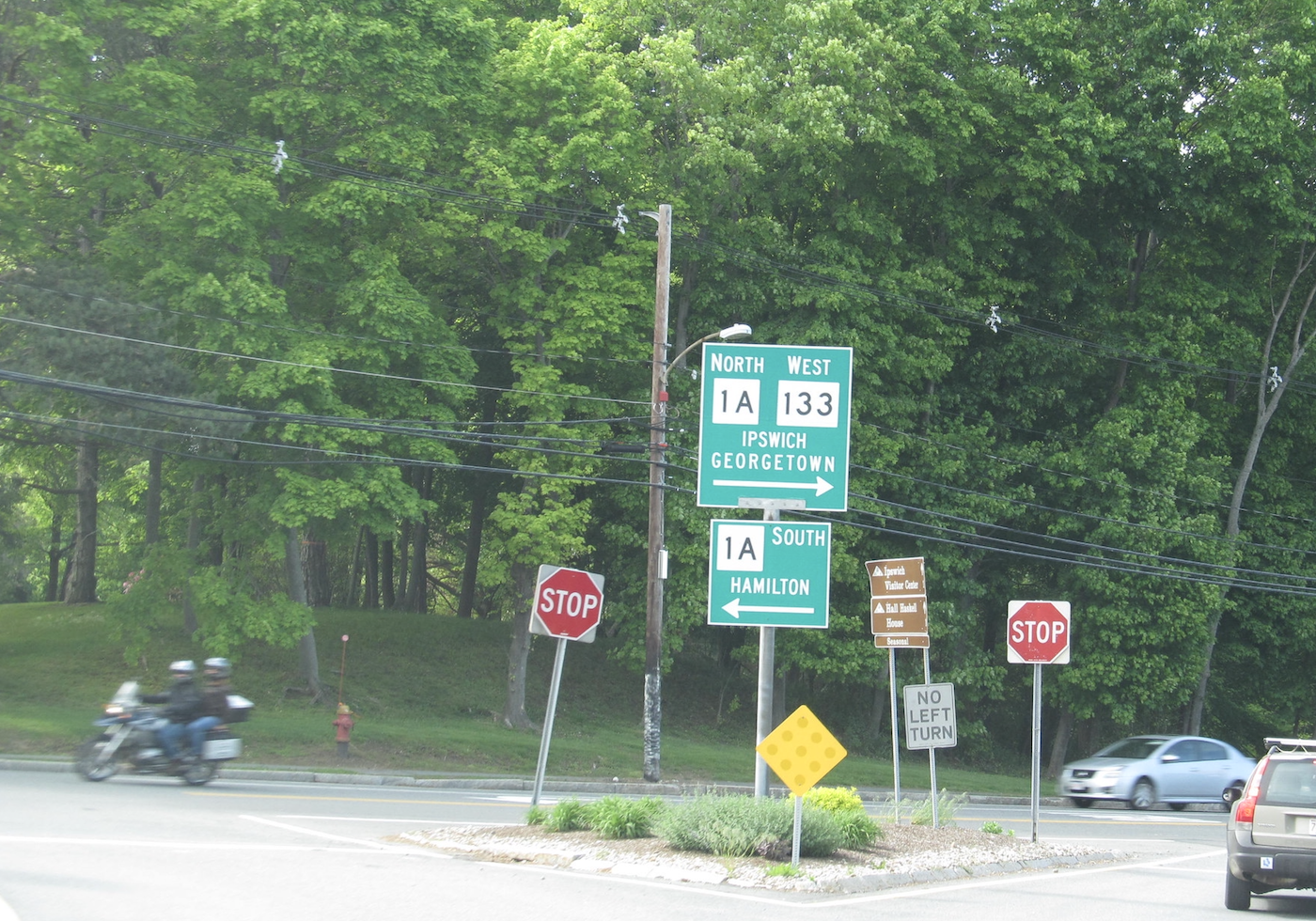In a result with major implications for the United States psychedelic movement, Massachusetts voters resoundingly rejected a ballot initiative to decriminalize psychedelic drugs and legalize therapeutic use.
At publication time, with 90 percent of votes counted, the outcome on the state ballot’s Question 4 had been called. The running totals stood at 56.9 percent opposed and 43.1 percent in favor.
“While the results today don’t look to be what we wanted, we made hugely important strides on this issue,” stated the Yes on 4 campaign.
Had it passed on November 5, Question 4 would have decriminalized personal use, possession, home cultivation and uncompensated distribution of psilocybin, psilocyn, mescaline, ibogaine and DMT, as well as creating a regulatory structure for psychedelic-assisted therapy at licensed facilities. Massachusetts would have become the third state to approve comparable reforms at the ballot, after Oregon (2020) and Colorado (2022).
“We spoke to millions of Massachusetts voters and heard broad agreement that natural psychedelics should be more accessible.”
Backed by the New Approach PAC, the Yes on 4 campaign had a multi-million dollar budget and a lengthy list of high-profile endorsements—including from some Massachusetts cities, as Filter has reported.
The campaign approached Election Day with cautious optimism. Eight cities across the Bay State had already passed local law enforcement deprioritization measures involving psychedelics, and momentum seemed to be building.
A poll released on October 30 found Question 4 winning by 50-44 percent; other polling had shown an effective tie. Those numbers proved to be well off.
“We spoke to millions of Massachusetts voters and heard broad agreement that natural psychedelics should be more accessible to those who cannot find relief through traditional medication and therapy,” stated the Yes on 4 campaign—perhaps implying that broad decriminalization was the harder sell.
The campaign’s statement added that it looked forward to “working with legislators in the new session to continue advocating for access, for hope, and for healing.”
“I voted yes, but with the knowledge that there was no great option because Massachusetts wasn’t fully ready for legal psychedelics.”
Advocates for psychedelic reform, not all of whom saw the details of this measure as ideal, won’t be abandoning their broader goals.
“I voted yes, but it was with the knowledge that there was no great option because Massachusetts wasn’t fully ready for legal psychedelics,” state resident Shaleen Title, the founder of the Parabola Center for Law and Policy, told Filter. “So I am not disappointed.”
“We can use this time to develop a sensible regulatory framework that prioritizes public health and patient access while implementing careful safeguards against corporate consolidation and over-commercialization,” she continued. “This means creating evidence-based standards for safety, training, and administration that reflect both the therapeutic potential and unique risks of these powerful substances.”
“We can also use this time to ensure that the grassroots community will be effective and prepared for the tumultuous post-legalization period,” Title added.
There will be much analysis of what went wrong for the campaign, whether in substance or style. Residents of Boston, and those in neighboring cities like Somerville and Cambridge, voted in favor of Question 4. But much of the rest of the state, including mid-size metropolitan areas like Worcester and Springfield, rejected it.
Besides objections to the potential role of for-profit interests in psychedelic therapy, opponents of the measure had claimed it would create a larger illicit market and cause harms. Among them was Kevin Sabet, the anti-legalization founder of Smart Approaches to Marijuana and the Foundation for Drug Policy Solutions.
“Today, voters made it clear that they want science and medical experts to be the catalyst of drug policy, not the addiction industry’s drive to make billions in profit while risking the health and safety of the public,” Sabet said in celebrating the Question 4 outcome.
“Despite being outspent by an order of magnitude […],” he added,“Our partners at the Coalition for Safe Communities, all the parents, members of law enforcement, and community leaders should be tremendously proud of the work they did to turn away this predatory industry.”
But Dr. Franklin King, assistant director of training and education at Massachusetts General Hospital’s Center for the Neuroscience of Psychedelics, told Filter that “regardless of the outcome,” Question 4’s presence on the ballot demonstrated that “psychedelics are an area of increasing interest to the general public.”
King expressed hope that changing public attitudes on psychedelics “can be recognized by state and especially, federal officials, to open the door to more research funding, more education and especially, safer and more realistic policy with respect to psychedelic drugs.”
Photograph (cropped) by Doug Kerr via Flickr/Creative Commons 2.0




